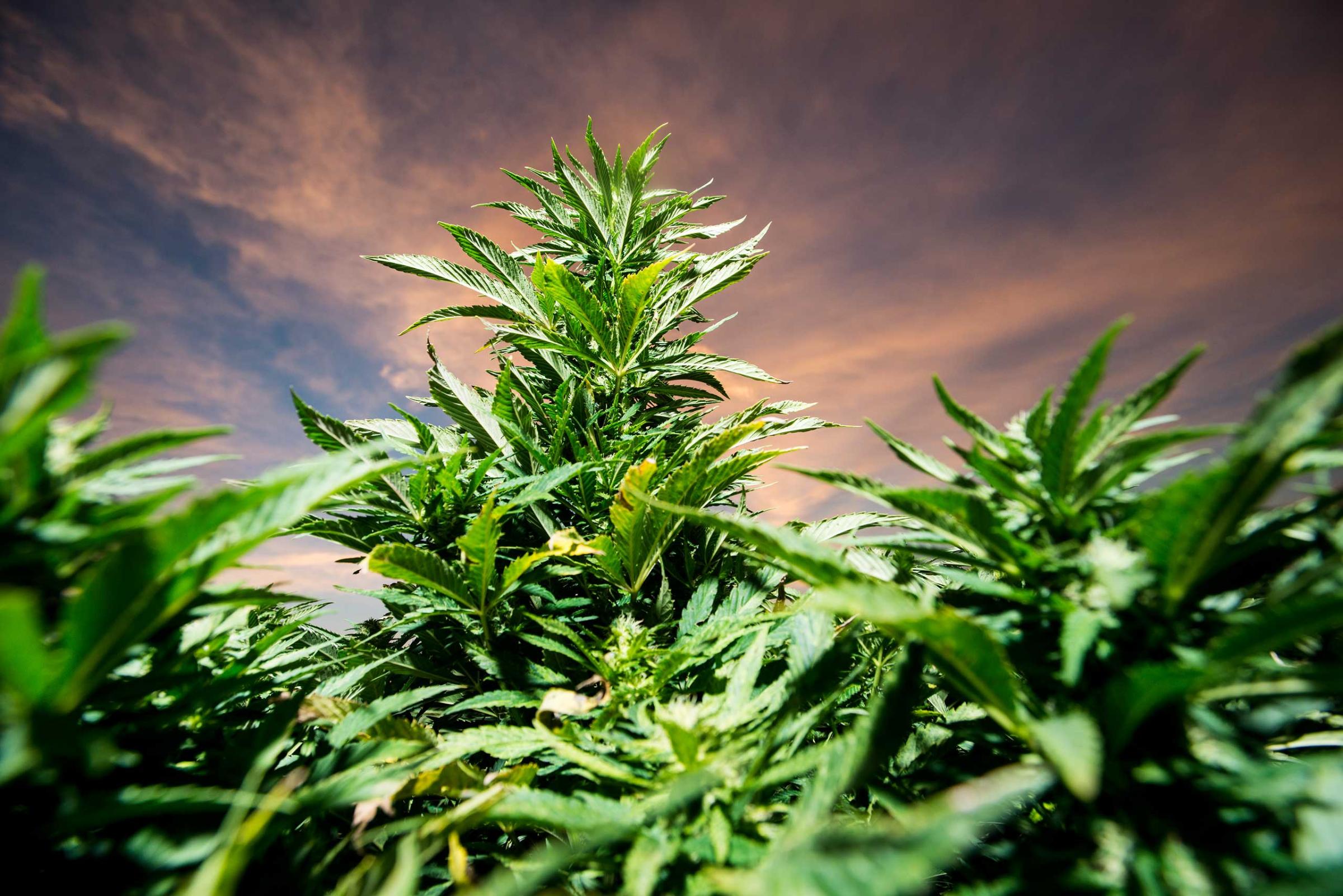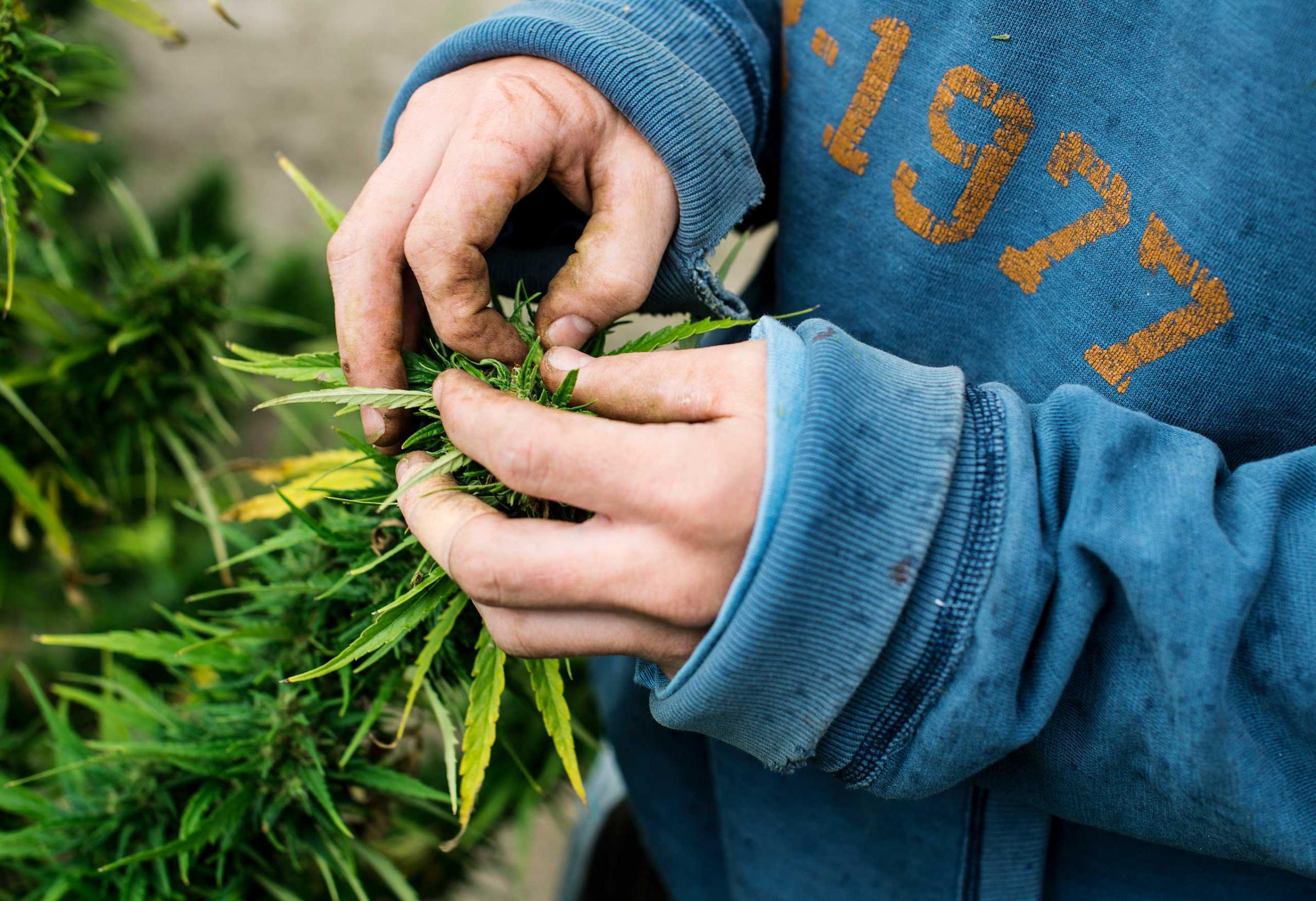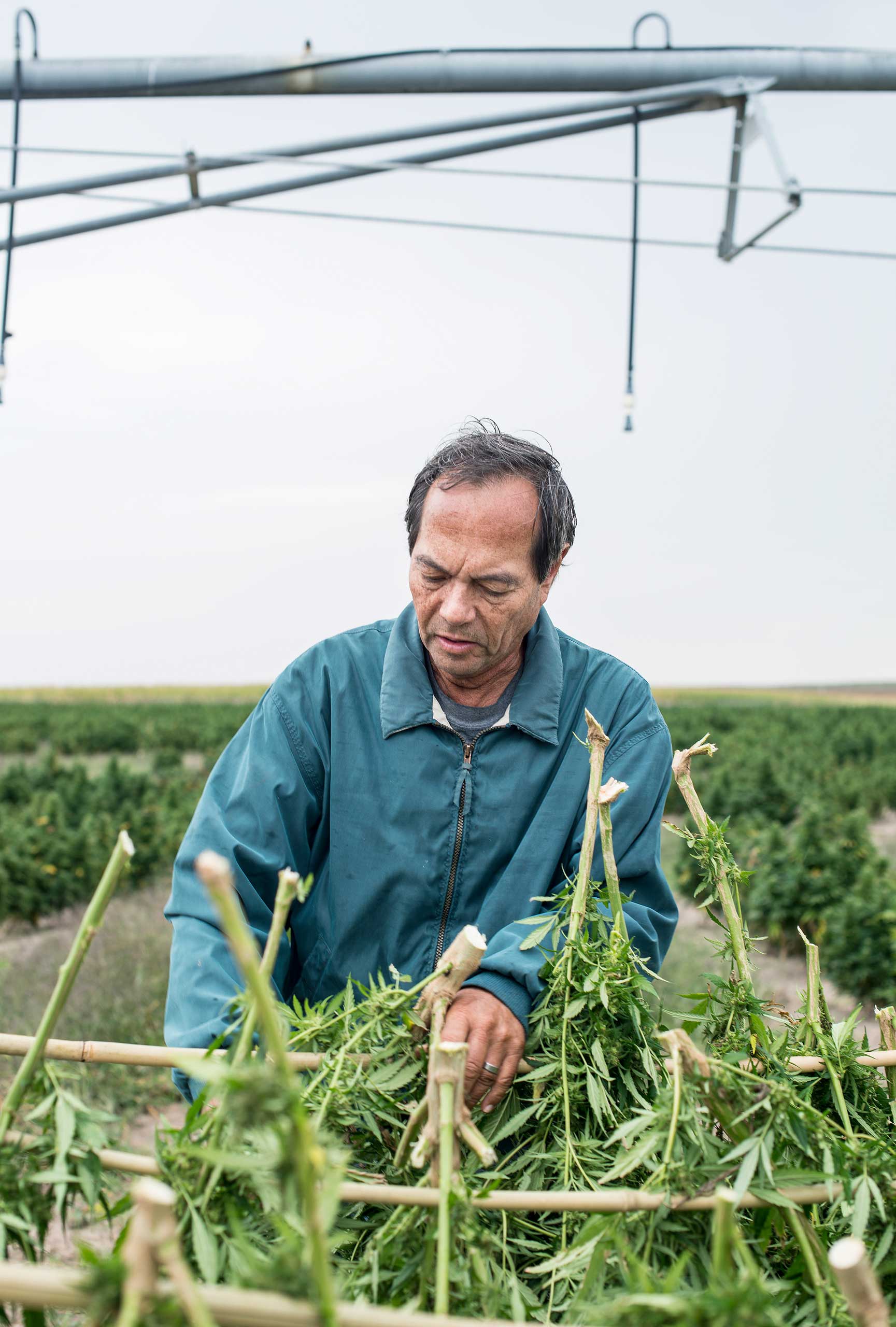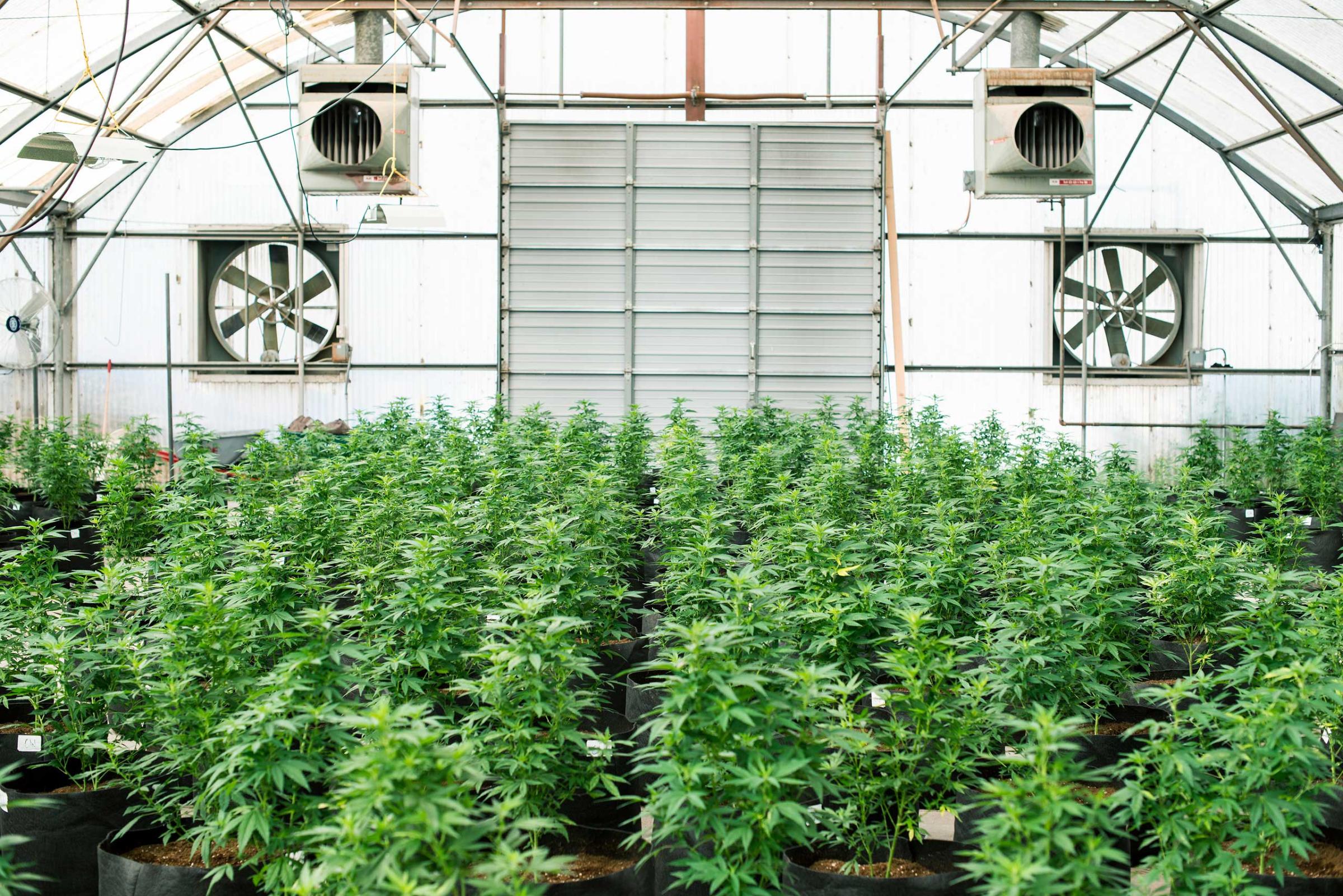
For the marijuana legalization movement, 2014 ends the way it began: with legal changes that showcase the movement’s momentum alongside its problems.
Tucked into the 1,603-page year-end spending bill Congress released Tuesday night were a pair of provisions that affect proponents of cannabis reform. Together they form a metaphor for the politics of legal pot—an issue that made major bipartisan strides this year, but whose progress is hampered by a tangle of local, state and federal statutes that have sown confusion and produced contradictory justice.
First the good news for reformers: the proposed budget would prohibit law enforcement officials from using federal funds to prosecute patients or legal dispensaries in the 32 states, plus the District of Columbia, that passed some form of medical-marijuana legalization. The provision was crafted by a bipartisan group of representatives and passed the Republican-controlled House in May for the first time in seven tries. If passed into law, it would mark a milestone for the movement, restricting raids against dispensaries and inoculating patients from being punished for an activity that is legal where they live but in violation of federal law.
“The enactment of this legislation will mark the first time in decades that the federal government has curtailed its oppressive prohibition of marijuana, and has instead taken an approach to respect the many states that have permitted the use of medical marijuana to some degree,” Rep. Dana Rohrabacher said in a statement to TIME. The California Republican’s work on the issue reflects the strange coalition that has sprung up to support cannabis reform as the GOP’s libertarian wing gains steam and voters’ views evolve.
At the same time, the House chose to overrule Washington, D.C., on the issue. Last month voters in the District chose to liberalize its marijuana laws, passing an initiative that legalized the possession, consumption and cultivation of recreational marijuana. The move, which was supported by about 70% of the capital’s voters, paved the way for D.C. to follow in the footsteps of Colorado and Washington State by establishing a tax-and-regulatory structure for pot sales in 2015.
Go Inside the Harvest of Colorado's Most Controversial Marijuana Strain




















Now those plans have gone up in smoke. The omnibus bill contains a measure that would block D.C. from using funds to enact legalization. Congress has the power to scuttle the District’s plans because it controls the capital’s budget. D.C. politicians blasted the move, while many in Congress lamented the agreement. But there appears to be little that members can do to stop it.
Trampling on the district’s sovereignty was especially galling, says Allen St. Pierre, executive director of the National Organization for the Reform of Marijuana Laws (NORML) and a D.C. resident, when it happens at the same time that lawmakers uphold states’ rights elsewhere. “Republicans see D.C. as so rock-solid Democratic,” St. Pierre says, “that they won’t give it the autonomy they are otherwise willing to grant states.”
The spending bill caps a year in which pot moved to the forefront of the political debate in ways that longtime advocates never thought possible. A majority of Americans now support full marijuana legalization. In January, Colorado became the first state to establish a legal recreational pot market, following by Washington last summer. Both debuts had successes, yet both states were beguiled in their own ways by lingering federal challenges. In Colorado, legal million-dollar businesses still must conduct their business largely in cash, because federal law that classifies cannabis as a Schedule I drug blocks legal merchants from the banking system. In Washington State, the new weed shops comprise just a small slice of the marijuana economy, a thin legal layer piled atop the entrenched medical market and an illicit black market that continues to thrive because of better prices.
But Washington struggles also underscore why the medical-marijuana measure in the Congressional spending bill is important. Medical patients in the Evergreen State have been at the whims of overzealous U.S. attorneys or members of the Drug Enforcement Agency, who had discretion to ignore the Obama Administration’s admonition to let the local experiments play out.
That left medical-marijuana patients like Larry Harvey, a septuagenarian retiree, trapped by a legal paradox. Harvey and his wife Rhonda were legal medical-pot patients who cultivated cannabis at their home in the mountains above Kettle Falls, Wash., until they were arrested on federal drug charges. They are currently awaiting trial. Larry Harvey, who has long suffered from gout and was recently diagnosed with pancreatic cancer, has been unable to use marijuana to ease the pain. Now, says Kari Boiter, a medical-marijuana advocate at Americans for Safe Access who has worked closely with the Harveys, the family’s attorneys can argue that the government has no standing to pursue the case.
Overall, the spending bill is “more mixed signals from Washington, D.C.,” Boiter says. “But for medical marijuana patients, it is a real clear blow to the Department of Justice prohibition that has been crushing them. It feels like we’ve been vindicated.”
Update, 12/12: The original version of this story noted the bill contains a measure that would block D.C. from using federal funds to enact cannabis legislation. It also blocks the use of local funds.
Read next: Colorado Approves Credit Union for Pot Store
More Must-Reads from TIME
- Donald Trump Is TIME's 2024 Person of the Year
- Why We Chose Trump as Person of the Year
- Is Intermittent Fasting Good or Bad for You?
- The 100 Must-Read Books of 2024
- The 20 Best Christmas TV Episodes
- Column: If Optimism Feels Ridiculous Now, Try Hope
- The Future of Climate Action Is Trade Policy
- Merle Bombardieri Is Helping People Make the Baby Decision
Write to Alex Altman at alex_altman@timemagazine.com